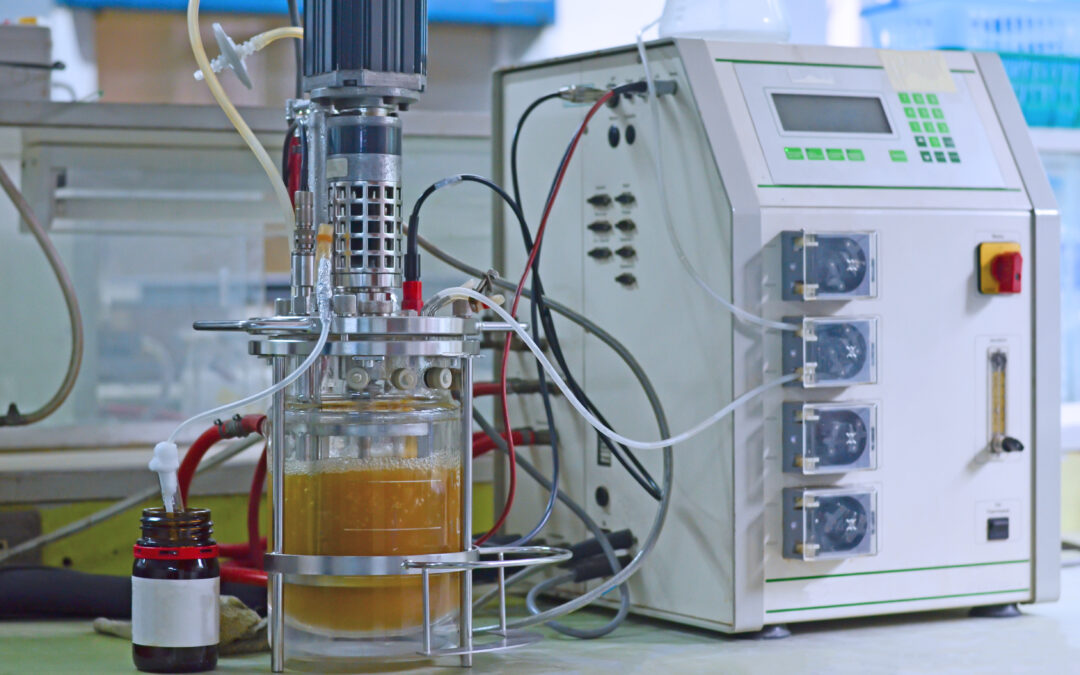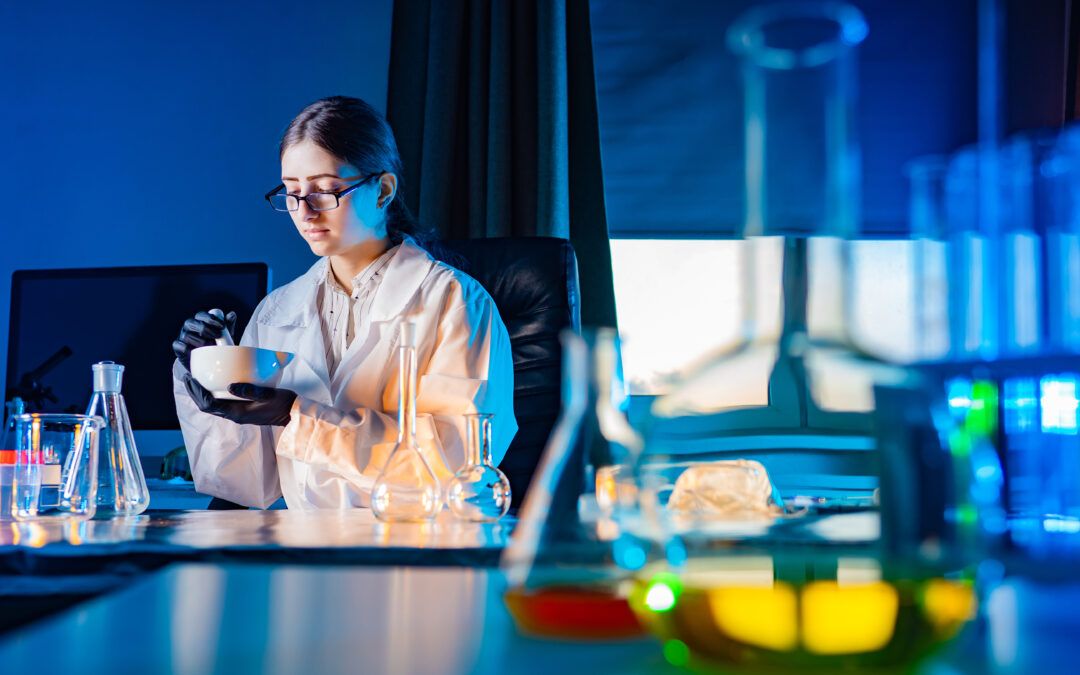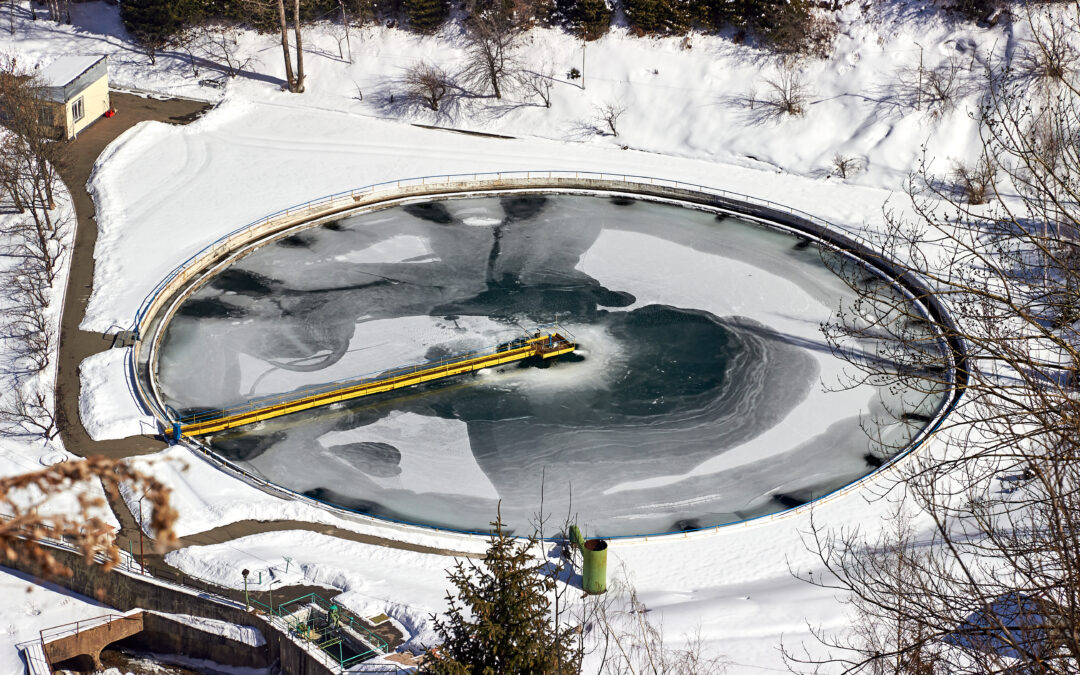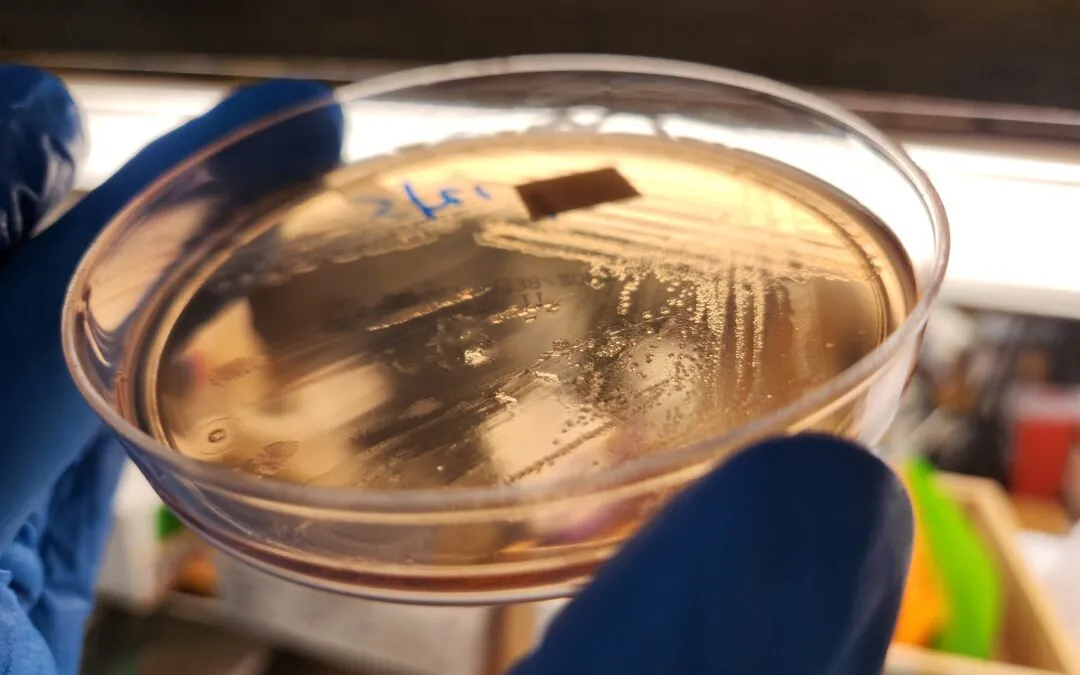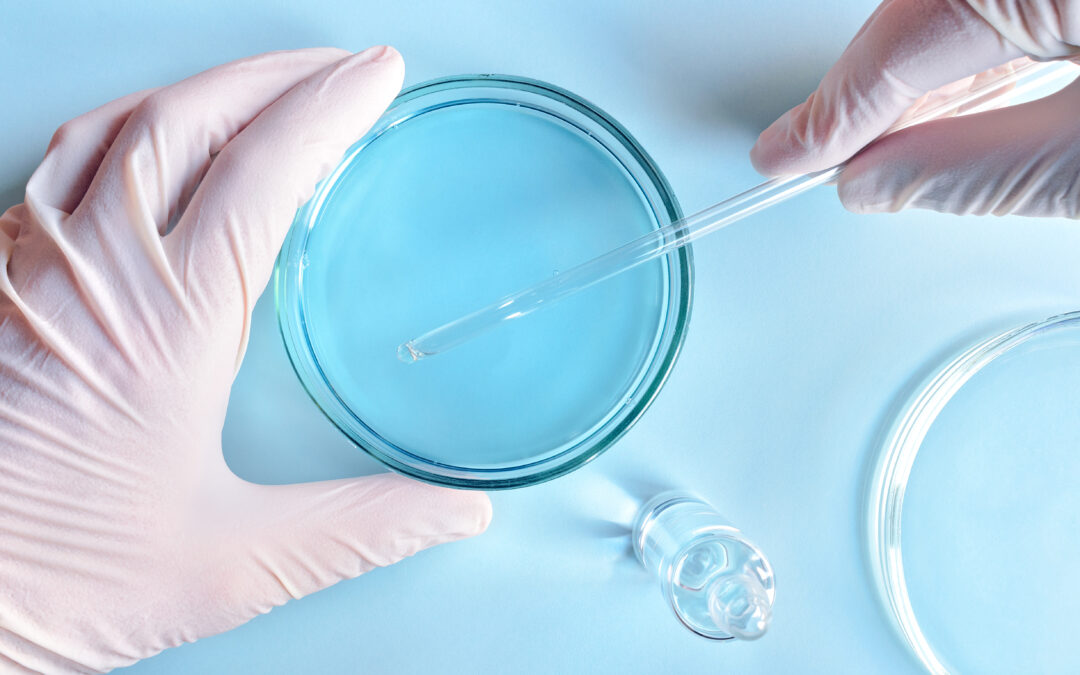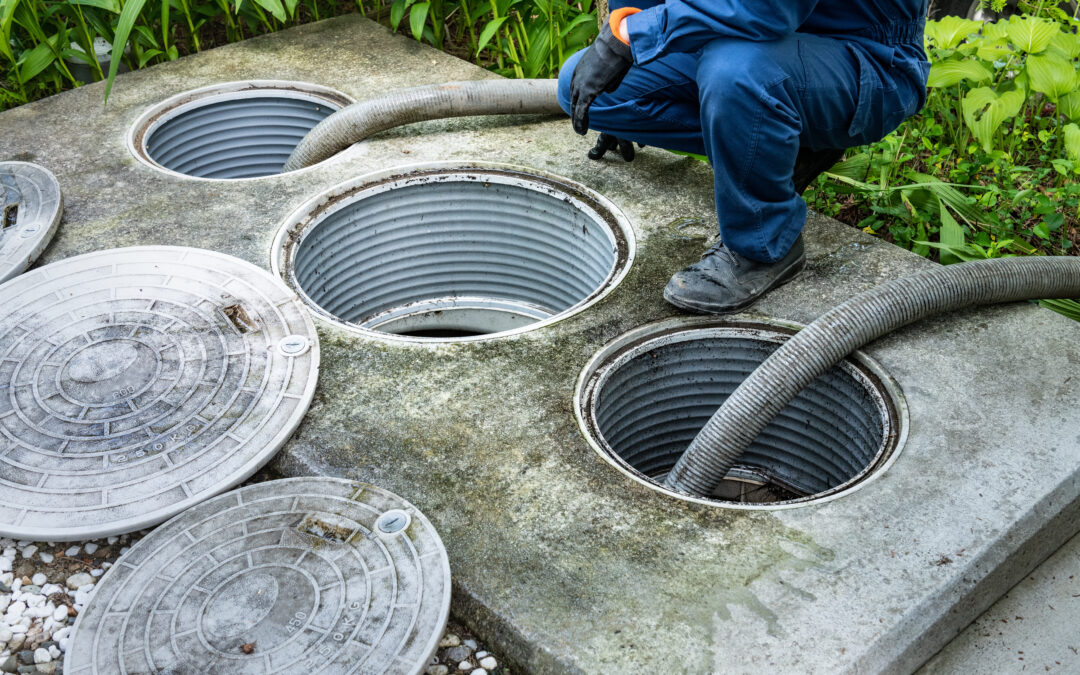With our growing population, it has become increasingly important to improve upon and advance current waste management technologies. In industrial and consumer markets, biological products are often selected as an environmentally-friendly, energy-efficient option. These have the capabilities of removing both chemical and biological contaminants, as well as accelerating the breakdown of other types of substrates. Products including both microbial inoculants and enzyme concentrates are commonly used in a variety of industrial and household applications. For example, because of their ability to remove unwanted organic matter build up and removal of biofilms, these kinds of products are currently being sold for drain and grease trap applications. In the landfill and waste management industry, both enzymes and bacteria can be used to break down complex waste particles and improve soil/water quality. However, the ways in which enzymes and bacteria work are significantly different. Using cutting edge techniques, Microbial Discovery Group (MDG) is researching both enzyme and microbial degradation to optimize approaches to break down plastic bags in landfills.
Enzymes: Fast and Highly Specific
Enzymes are non-living proteins produced by organisms such as bacteria, fungi, plants and higher life forms. These proteins help catalyze chemical reactions, working in conjunction with substrates. Enzymes function with substrates like a lock and key; if and only if the right enzyme and the right substrate come together under the right conditions – a reaction or degradation occurs. Enzymes are produced by bacteria or fungi to break down substrates that are too large and complex for bacteria or other living things to consume. In these situations, enzymes can be used to bind to and accelerate the breakdown of a substrate into more digestible pieces.
Benefits of using enzymes in biological waste treatment include their ability to quickly act on a substrate, a controllable application rate (when the concentration of enzyme is known), and precise activity. However, this precise activity isn’t ideal for all applications. The lock and key mechanism necessary for function means that enzymes are highly specific to the type of material present, which can be problematic and not cost-efficient for complex systems. Other limitations include a narrow spectrum of different environmental factors required for activity such as temperature and pH, as well as their potential for hazard on employee health. Enzyme usage can be limited with large scale applications such as wastewater. This is because they do not grow within the application, and are expensive to produce due to the isolation and purification processes for collecting, concentrating and stabilizing the enzymes. One approach to make these more cost effective is to produce them with the use of genetically modified organisms (GMO), but this requires a lengthy regulatory process to gain environmental release approvals. Enzyme activity can also decrease in the presence of inhibitors or less than optimal conditions. These limitations present an economic challenge when scaling for commercial application (e.g. wastewater, landfills).
Bacillus: Adaptable and Stable
Bacteria are diverse, ubiquitous, and abundant in nature. Bacillus comprise a genus of bacteria capable of producing a wide range of active metabolites, making them desirable for use in a host of industrial and consumer applications, including wastewater treatment. The capabilities of Bacillus are leveraged in products throughout several different industries. They are relatively inexpensive to manufacture, highly stable due to spore formation, capable of adapting to inhospitable conditions, and are often active within a wide range of pH and temperature conditions– all of which make them optimal for a large variety of commercial applications.
Unlike the limitations of enzymes, Bacillus are not restricted to activity upon a single substrate. Bacillus can produce an assortment of extracellular enzymes that aid in degradation of complex substrates and may also have the ability to metabolize resulting byproducts. For example, enzymes can alter the surface properties of plastics, allowing the microbial consumption of intermediates. With these capabilities, they can reduce chemical oxygen demand, hydrocarbons, nitrogen, phosphorus, odors and pollutants, all while improving the quality of the environment. In addition to the treatment of leachate, wastewater and soil, these microbes can also accelerate the degradation of municipal solid wastes and oxidize the tough aromatic rings in polymers and plastics. However, because Bacillus are live microorganisms, they do need appropriate conditions and time to germinate and grow in order to produce enzymes and other active metabolites. Additionally, a sufficient amount of substrate needs to be present to nourish and sustain the Bacillus population. Despite this delay in activity relative to enzymes, Bacillus based products can be highly economical long-term; as they require less product due to multiplication/reproduction and beneficial biofilm formation in the target location.
Together: The Best of Both Worlds
The use of enzyme concentrates and bacterial inoculants offer unique solutions for various commercial applications. Both are proven to be successful in removing contaminants and accelerating the degradation of different wastes in diverse systems. While enzymes work quickly, they may be less economical for large-scale production and in industrial and municipal applications. Alternatively, albeit a slower process while they are growing and multiplying in the application, certain bacteria such as Bacillus can provide an efficient, cost-effective method of treatment via enzyme production and metabolization, and may provide increasing benefits over time as establishment occurs. Biological products containing a combination of enzymes and microbials may provide dual benefits for optimal performance. This could provide a one-two punch: the enzymes working immediately to attack specific substrates, while the bacteria provide a stable solution for a longer period of application. Synergistic effects of enzyme and bacterial combinations may provide additional degradative benefit, as end products from enzymatic reactions may serve as growth substrates for the bacterial inoculant. In turn, bacteria may metabolize a range of additional substrates that free binding sites for enzymatic action.
Here at MDG, we manufacture Bacillus and are passionate about making a profound impact against the plastic pollution in landfills. While we are still in the early stages of developing a product containing stable biologics, our Bacillus and the enzymes produced have potential for playing a role in greatly accelerating the remediation of different wastes within landfills. MDG is currently forming partnerships within the waste management and bioaugmentation industries to begin field pilot system trials. Our goal is to further examine the abilities of these unique strains alone or in combination with other landfill plastic degrading technologies and determine their effect on plastic bag degradation under large scale landfill conditions.
Contact Us if you are interested in discussing possible partnership opportunities.
To find out more about MDG’s proprietary blend of plastic-degrading Bacillus, CLICK HERE.
